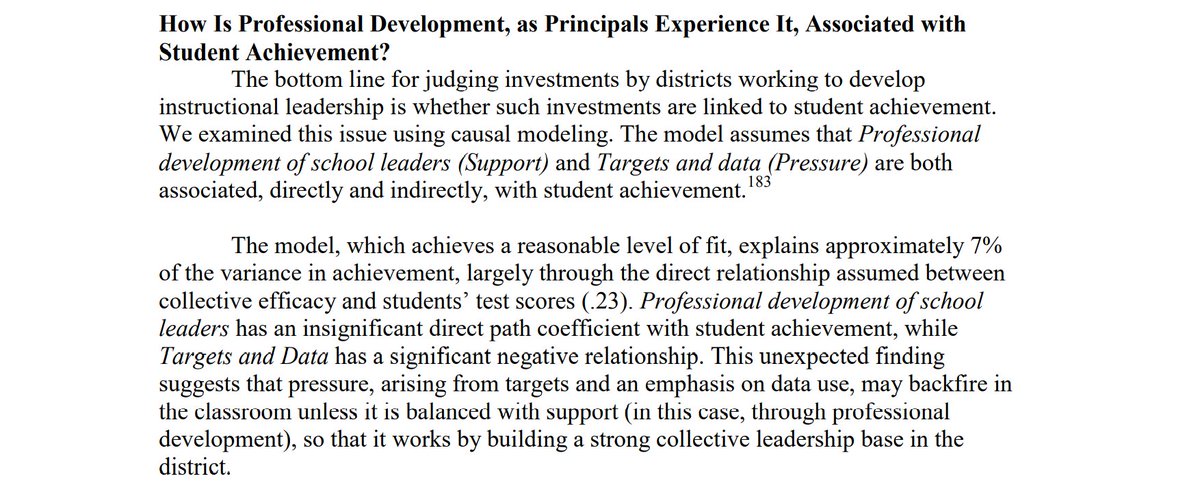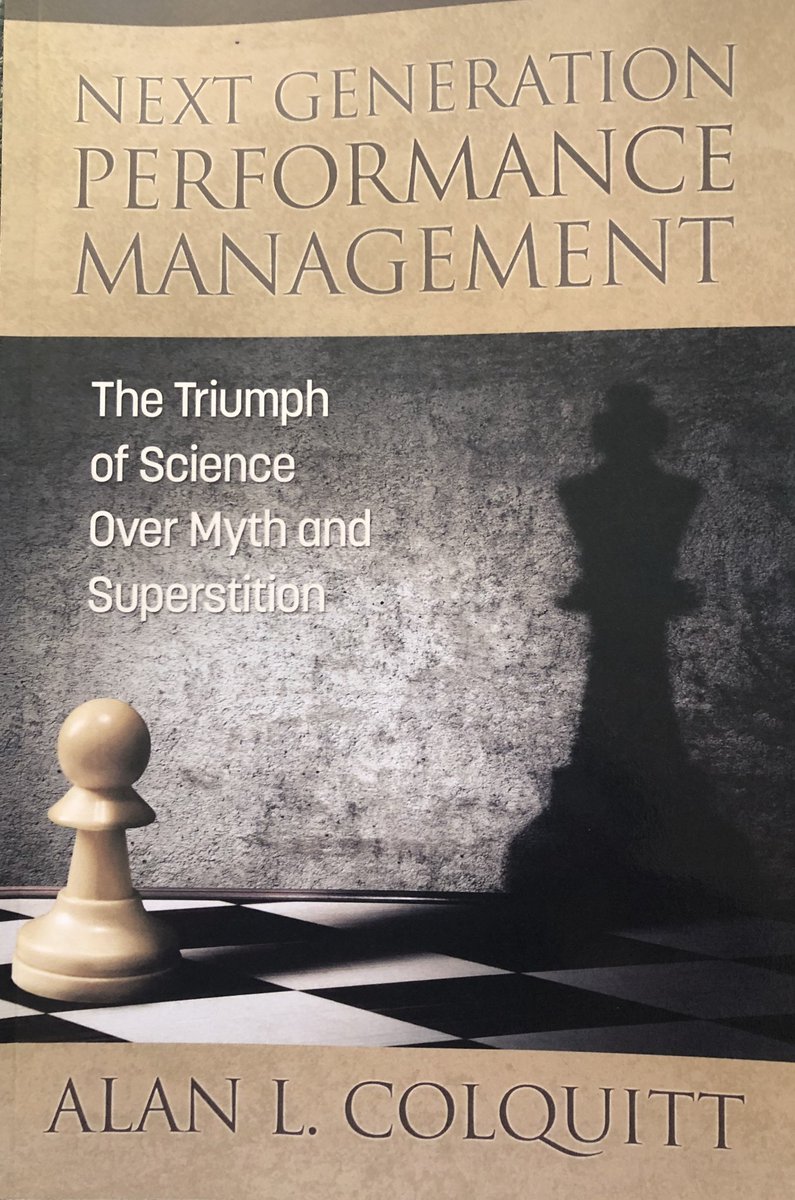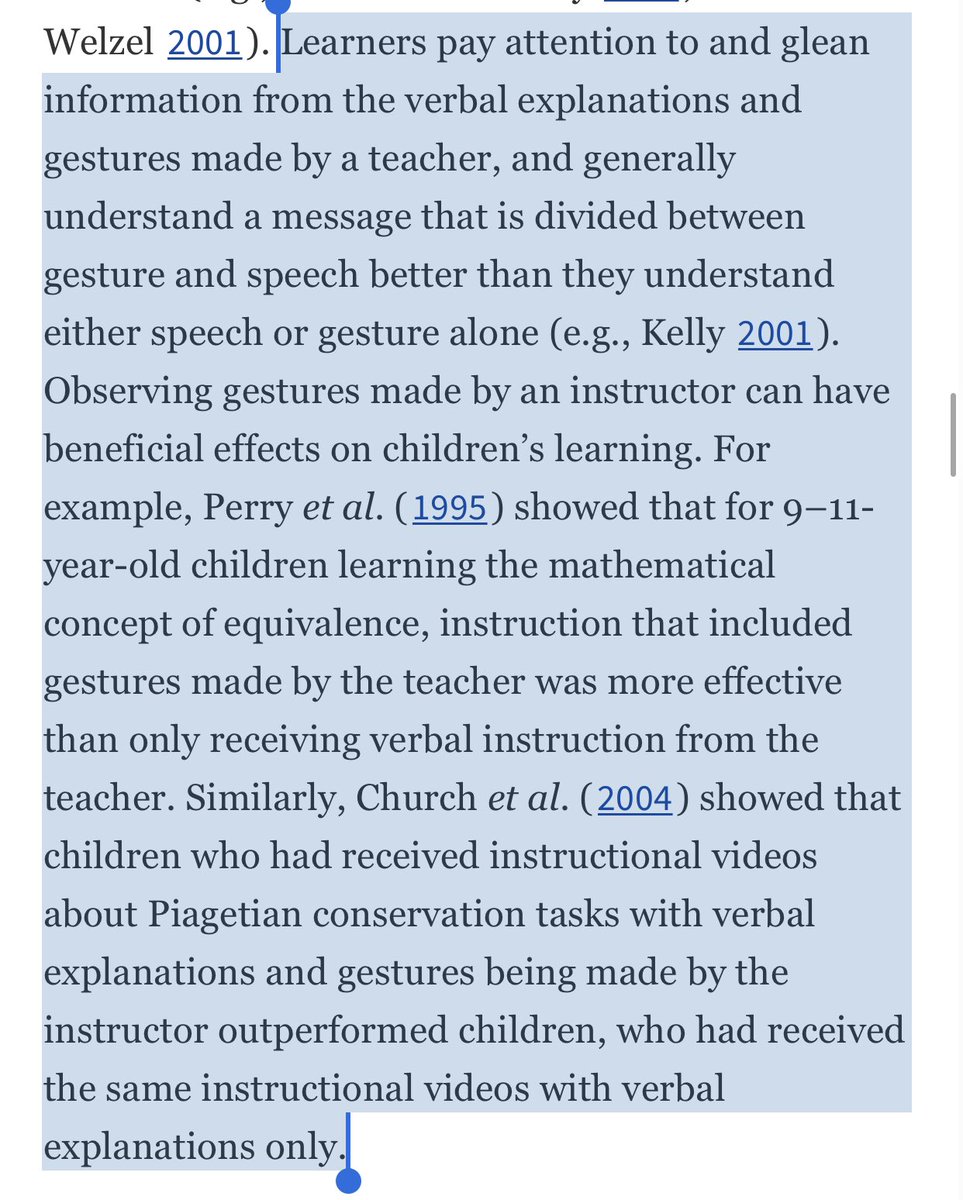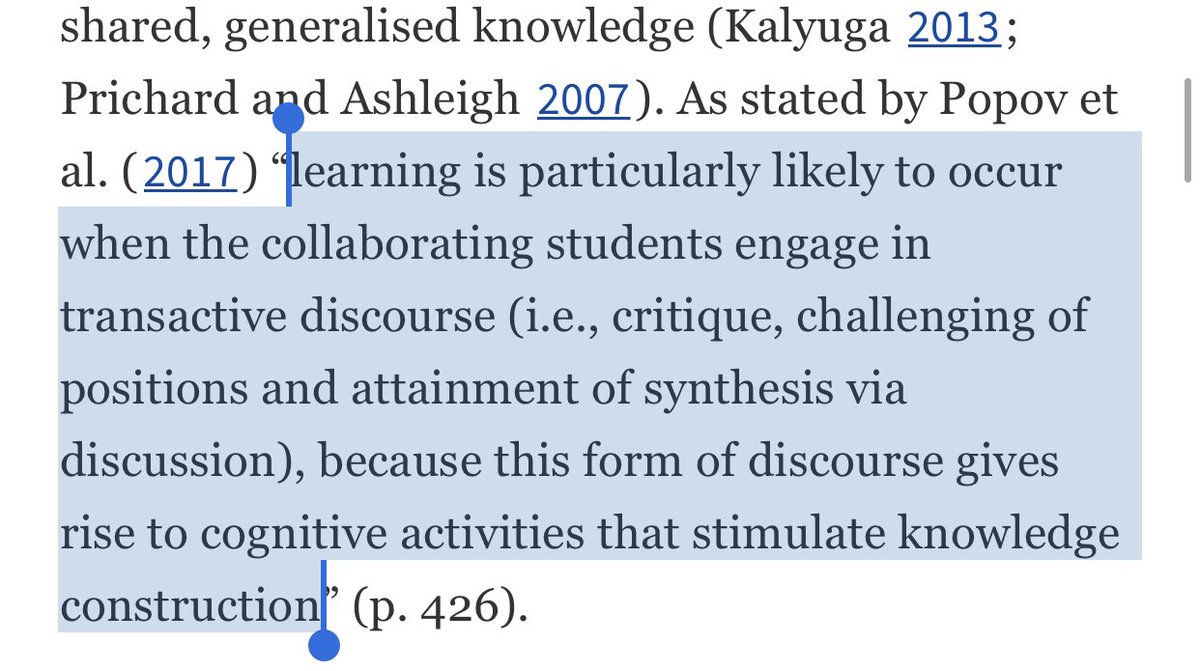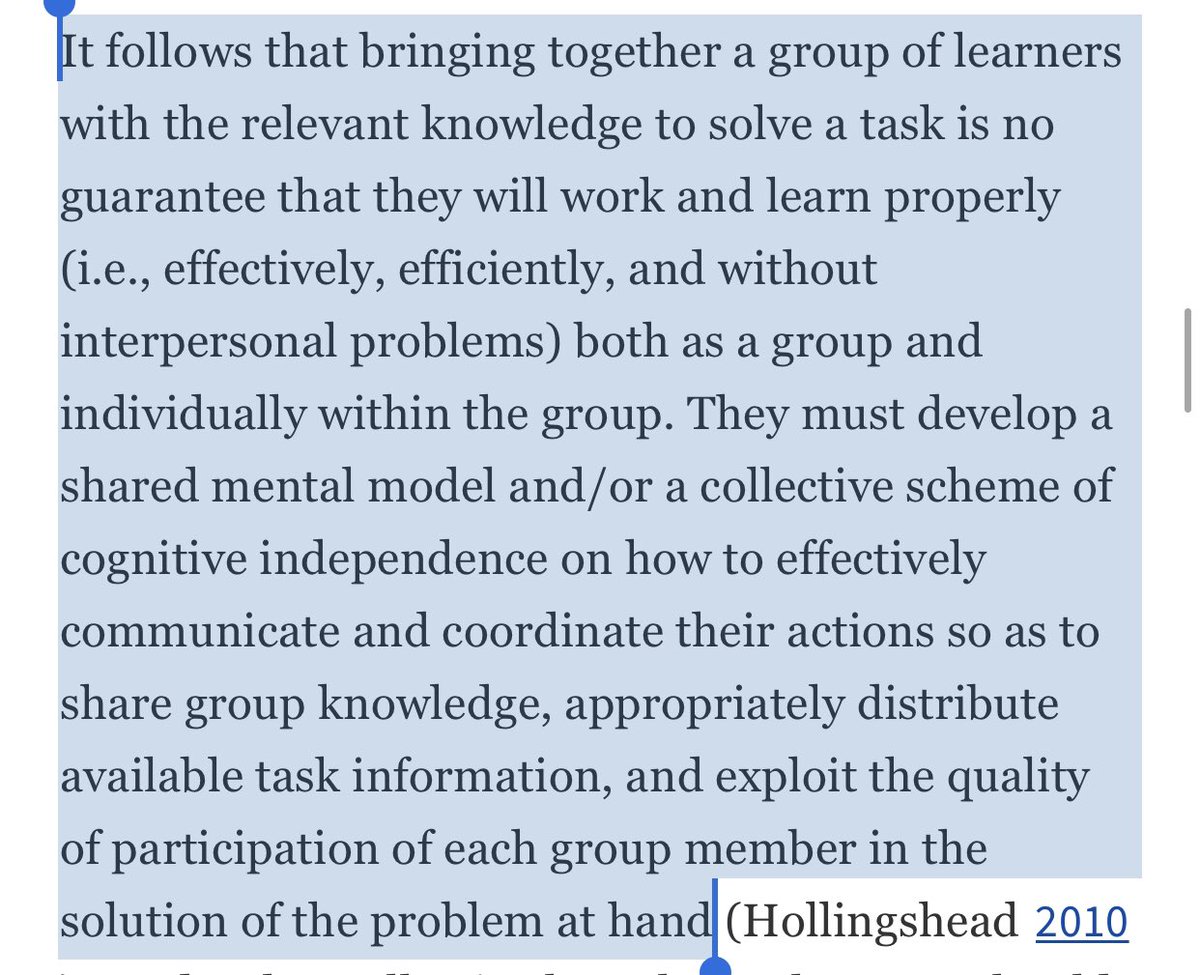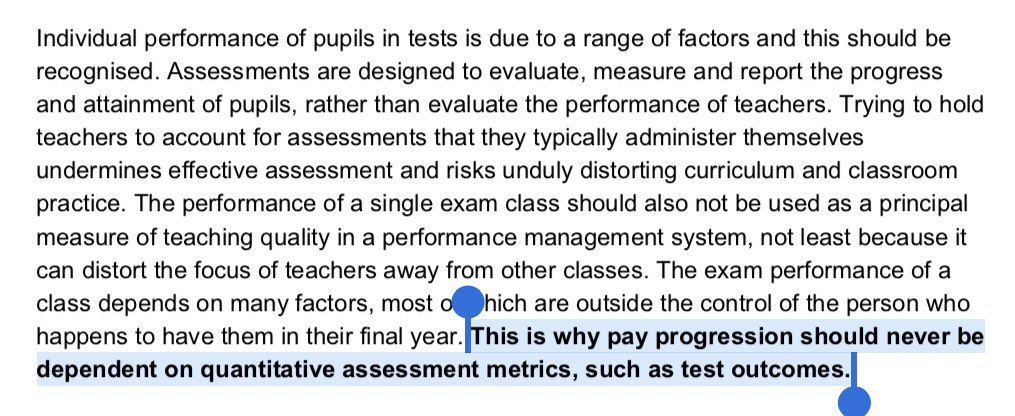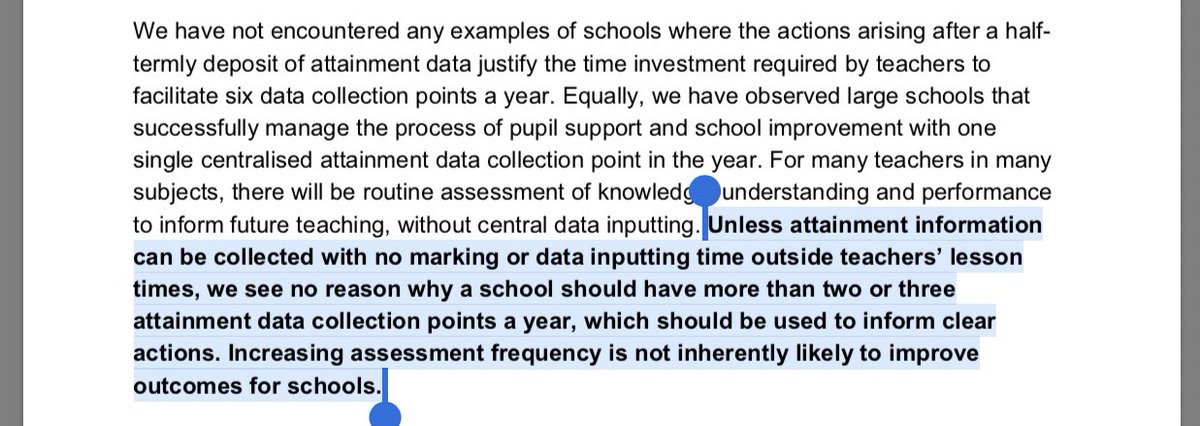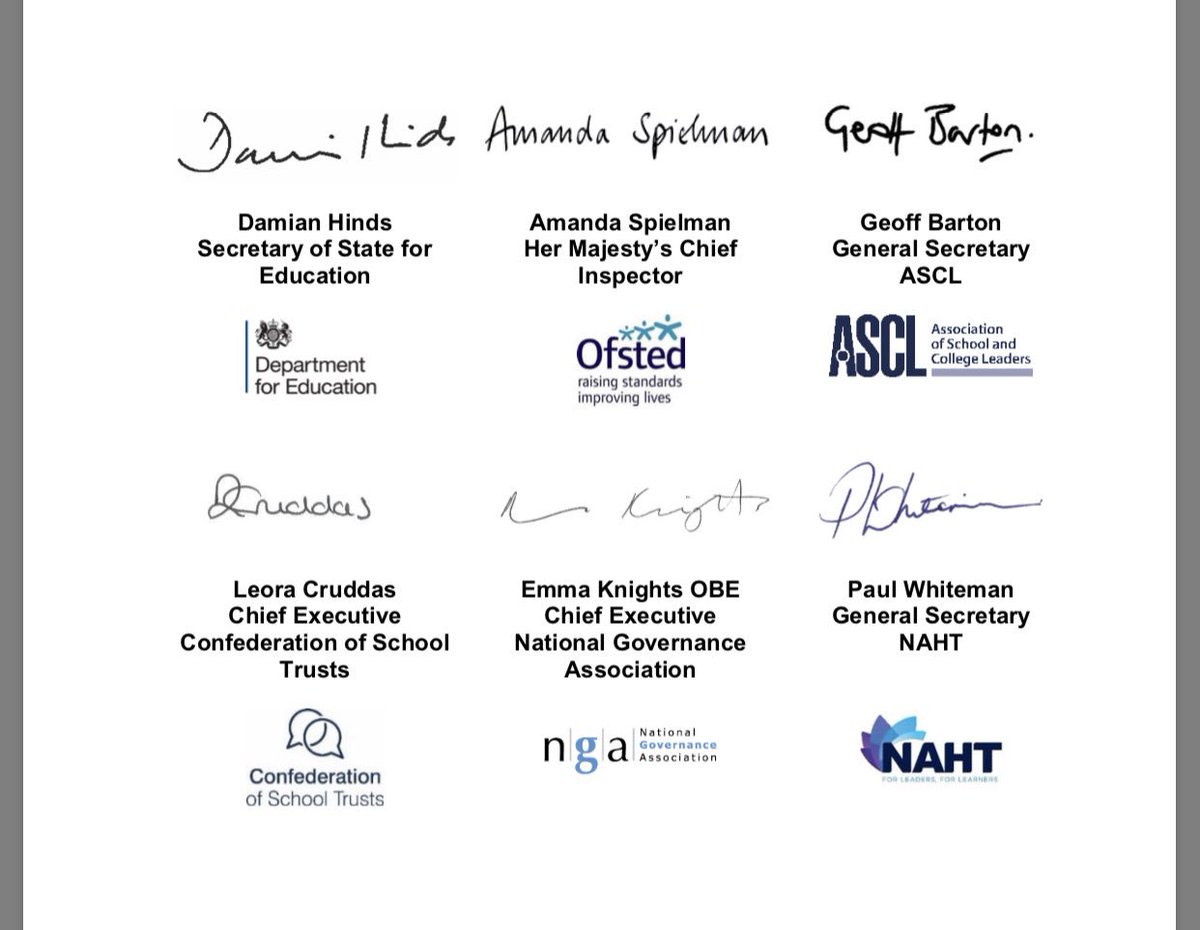
How have I been in this field so long and not come across this simply amazing 2010 paper by @KarenSeashore, Kenneth Leithwood and colleagues for the @WallaceFdn? conservancy.umn.edu/bitstream/hand… 
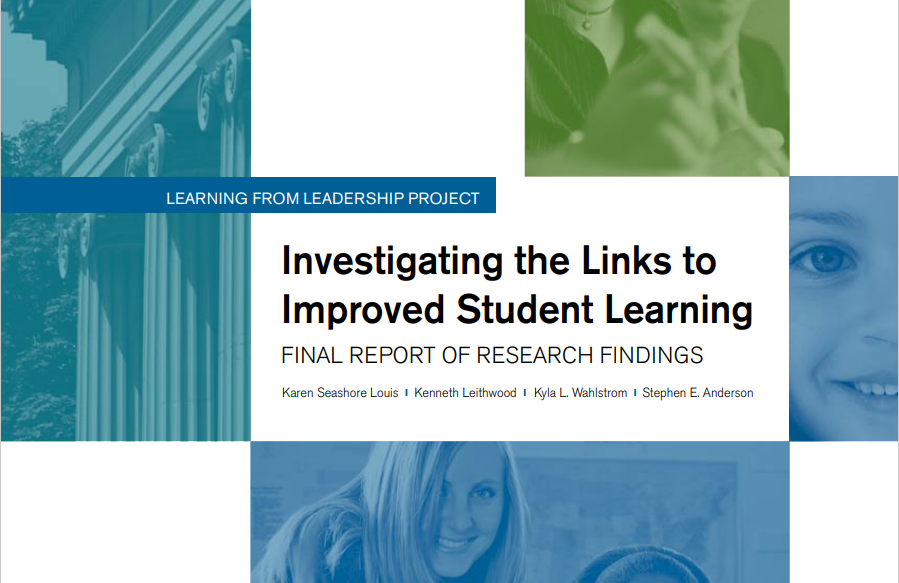
So many rich findings from a whole raft of quantitative and qualitative data. Here's a small sample at school-level 
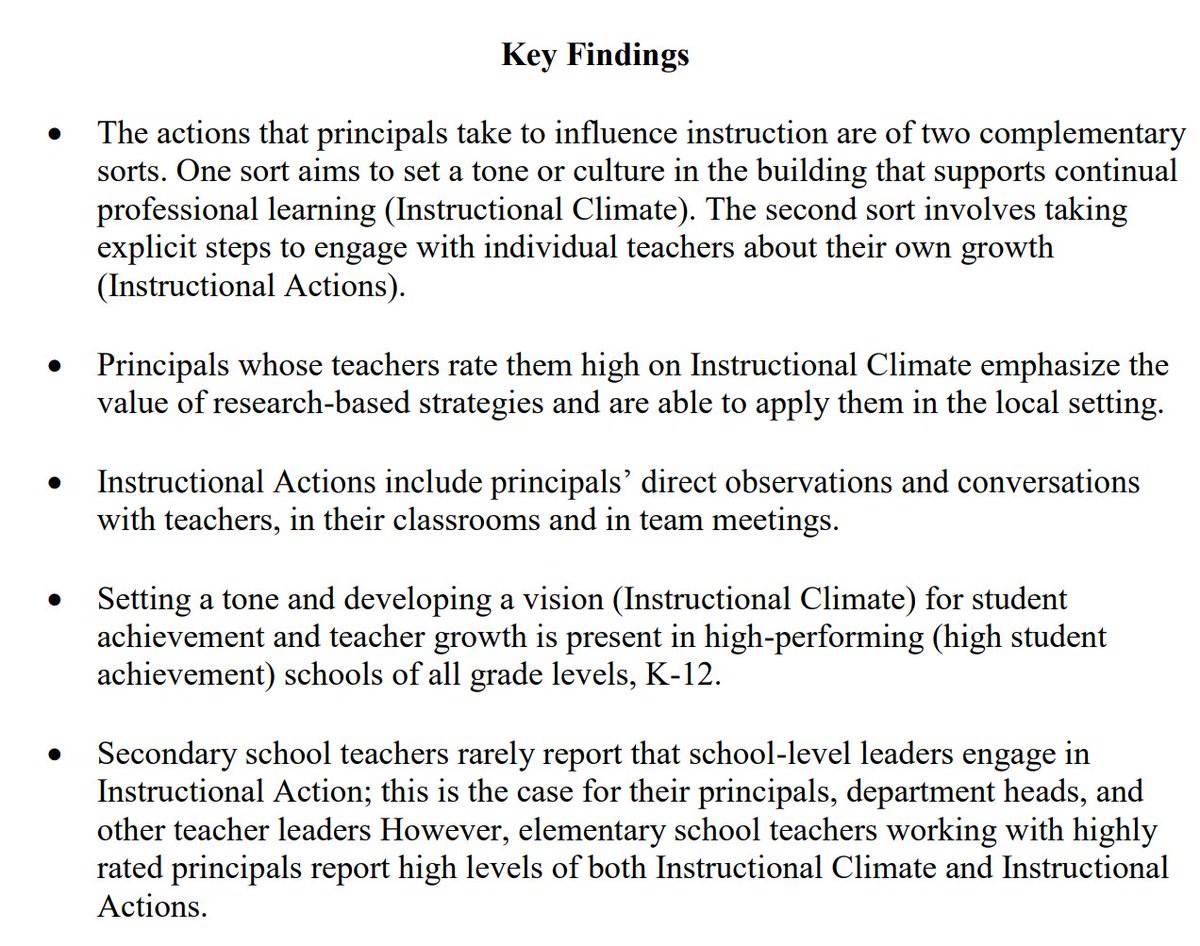
• • •
Missing some Tweet in this thread? You can try to
force a refresh







